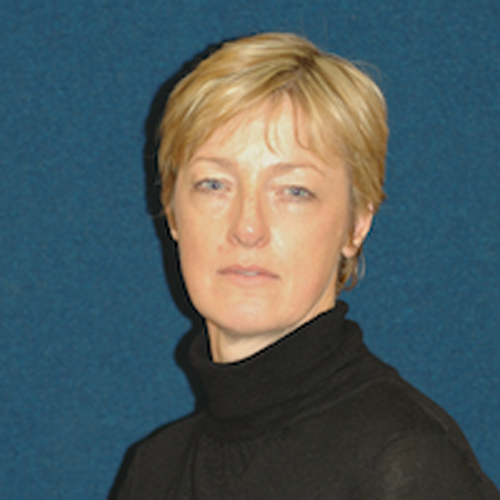Psychologists investigate police interview techniques

Psychologists at Lancaster University’s SCORPIO Centre have discovered that police techniques to encourage witnesses of a crime to remember the event can lead to more mistakes. The research highlight a major issue for the criminal justice system, since inventions in witness memory are the biggest problem facing police interviewers.
Witnesses are usually asked to remember an event in reverse order in order to prevent them from making up details to make the story run more smoothly. But this technique, used by police in the UK, Australia, New Zealand, Norway, Spain and Sweden, can in fact lead to more in accuracies.
This is the finding of psychologists Dr Coral Dando and Professor Tom Ormerod, from SCORPIO (Centre for Social and Cognitive Research in the Public Interest). Together with colleagues from South Bank University and the University of Portsmouth, they found that instead of improving recall, being asked to tell the story backwards leads to more mistakes.
They showed 54 volunteers a short film of a staged mobile-phone robbery. The participants were then split into three groups and, two days later, interviewed about what they remembered from the film and asked to describe it twice, but in different ways.
The first group were asked to remember the robbery freely, and then in reverse order; the second group were told to remember the robbery in reverse order and then freely; while the control group were told to remember the robbery freely on both occasions.
All the interviews were examined for three memory features; inaccuracies, such as saying a dog was brown when it was black; correct details; and total inventions that bore no resemblance to the film.
The researchers found that reverse-order recall had a significant effect on the average number of correct items that were remembered and the number of inventions.
The control group, with no reverse order recall, remembered the most accurately, with an average of 48.7 correct observations about the incident; the second group managed only 42.2; while the first group, which began with free recall but were then asked to remember in reverse order performed worst, with only 38.7 correct observations on average.
The majority of invented detail arose during the part of the interview involving reverse-order recall in all three groups. Not only that, but the second group - asked to remember the robbery in reverse order and then freely - invented six times as many items as the other two groups.
http://www.sciencedirect.com/science/article/pii/S0010027711001764